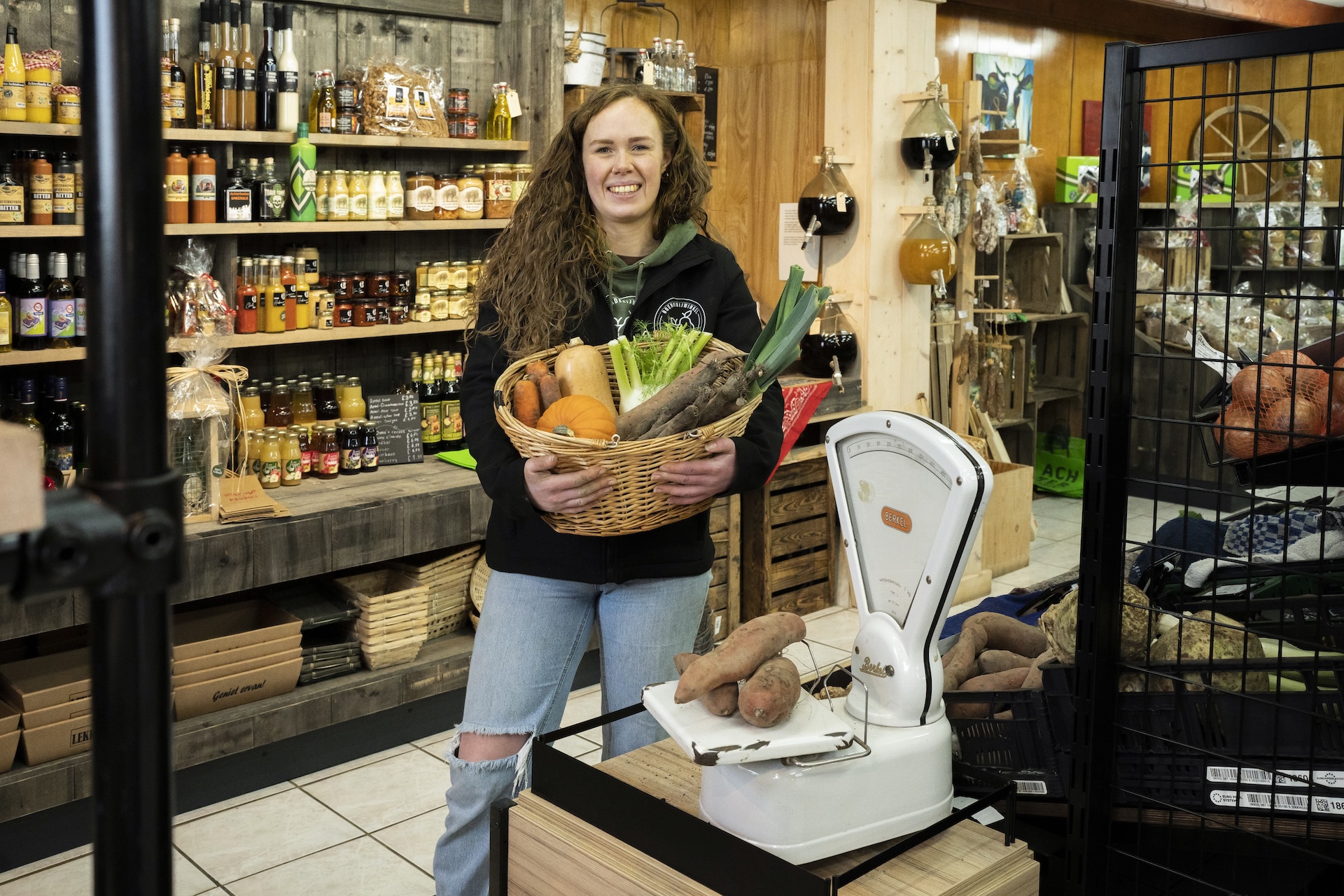Don't bench agritourism
In mid-May, Eurac will organise the World Congress on Agritourism for the second time, in Italy, for scientists, practitioners, organisations and other stakeholders. The aim of the conference is global development within this domain and to think together about opportunities for further development of the rural area with the use of tourist and recreational activities and products. The need for this is evident from the start of the Global Agritourism Network (GAN) in 2023, which is linked to the conference. There is also interest from the Netherlands; a group of more than ten people will visit the conference together. Agritourism seems like an opportunity waiting for the taking, but is it that simple?
Multifunctional agriculture or agritourism
Both the network and the conference are still relatively new, the joint professionalisation of agritourism is still in the start-up phase. Agritourism itself is certainly not new; agriturismo has been a household name in Italy for many years. After the Second World War, farmers left their land and went to the city in search of better-paid work. To limit this migration from rural areas and maintain the quality of life, Agriturismo became an official term in 1973 and it was legally established that tourists were allowed to stay on farms. Agriturismo still offers a special tourist experience, which attracts a target group with an interest in local products, ecology, and animal welfare. Keeping rural areas vital is still urgent, but it does require the right approach.
Although the argument for the concept of multifunctional agriculture seems logical for faster connections with other sectors and policy areas, I still argue for the use of the term agritourism. Multifunctional agriculture includes more than tourism, for example, a care farm. This also means that it is a separate profession and requires your expertise. When you talk about multifunctional agriculture, it puts agriculture first and puts the multifunctional part second. That sounds plausible because the primary business is farming, but there is a danger in not positioning the new pillar of your business operations as an independent branch. Adding new activities to an existing company requires focus and the question is whether there is enough focus.
Opportunities for agritourism
In 2003, I did research for my master's degree in catering within Dutch theaters. At that time, subsidies for the cultural sector were drastically cut back; the assignment was to find other forms of income. The sector thought it could easily find this in offering (more) food and drinks, how difficult can it be to add catering? The reality turned out to be much more complicated to make the catering industry profitable, especially within existing business operations (and the often decentralised location in the city). Many unintentionally created an extra cost item for themselves. On the one hand, this had to do with underestimating the catering industry as a separate branch - expertise was lacking - and on the other hand, with the value that was attributed to the catering industry within existing business operations. Directors and managers indicated that the catering industry should continue to support and serve the main activity (theatre). Hospitality therefore had to become the top scorer without being allowed to leave the reserve bench.
Care must therefore be taken to avoid underestimating the hospitality domain. The opportunities are certainly there, especially cross-sectorally, but doing a new branch within your existing business operations requires focus, training, and perseverance. A balance must be sought between agricultural and tourist activities and products (sustainable and regenerative), the organisation, and the living environment. The ambitions must be correct, and the entrepreneur(s) must have the right competencies and skills. In addition, there are limits to the scalability of such activities, especially within or alongside existing business operations. The additional business operations should contribute to keeping rural areas vital and maintaining farming and cultural landscapes. With a correct and joint approach, the current further professionalisation of agritourism as a fully-fledged sector offers sufficient starting points and opportunities. Together we will discover how this is possible from different perspectives through research, networking, exploring best practices and sharing knowledge.
Anke Arts
Strategic Policy & Development (CELTH) and researcher at the European Tourism Futures Institute (ETFI)
(Photo: Achterhoek Toerisme / Hipenstijlfotografie)



